Most scientists believe that consciousness, life’s most striking emergent property, cannot be reduced to physics and chemistry. This is false, argues Addy Pross, since the process by which consciousness evolved from inanimate matter, if known, would reveal its physical basis. Recent studies in chemistry reaffirm that an understanding of life lies at the level of chemistry, not biology.
1. The ‘hard problem’ of consciousness
There exists a big black hole of uncertainty at the centre of the natural sciences. The physical and biological sciences are awkwardly and fundamentally incompatible. Most scientists agree that living things are just physical/chemical aggregates, yet their behaviour is quite different to that expected from regular physical ‘stuff’ governed by cold, impersonal laws of nature. The physicalist view of nature rests on science’s axiom of objectivity, but living things – unlike planets, rocks, lakes, atoms and electrons – express purpose, intentionality, goals and desires. In short, they manifest a mental dimension. Most strikingly, within that dimension lies its ultimate expression, consciousness.
___
But for life’s characteristics, that reductionist approach has failed – consciousness and purpose are seemingly beyond physicality.
___
So how can the complex material aggregates that science classifies as ‘alive’ behave so differently? A common biological response, that life’s distinct characteristics are ‘emergent properties’, seems evasive. Science routinely explains emergent properties through a reductionist approach and has done so successfully for centuries. But for life’s characteristics, that reductionist approach has failed – consciousness and purpose are seemingly beyond physicality. And claiming, as some do, that life’s special characteristics are simply ‘illusions’ is a bit of a stretch. No surprise then that biologists increasingly question some of biology’s most basic tenets, as reflected in the Third Way of Evolution’s approach to evolutionary theory. The neo-Darwinian synthesis, biology’s mainstay of evolutionary thinking for close to a century, appears increasingly uncertain and ripe for a paradigm shift.
The puzzle of how and why subjective experience can exist at all led the philosopher David Chalmers to famously label consciousness as the ‘hard problem’. How can that intense inner feeling associated with consciousness, of ‘lights on’, be explained? Why don’t the underlying neural processes that govern neural function proceed ‘in the dark’? Reality appears to be associated with the existence of two distinct domains, one physical and one mental. How can the explanatory gap between the two domains be bridged? How can molecular organization of any kind lead to that inner sense of being, that you, reading these words, know only too well?
SUGGESTED VIEWING Electricity creates consciousness With Nick Lane
2. Steps towards a resolution
Evolution: The bridge between physical and mental worlds
Although science’s attempts to bridge the physical-mental conceptual divide have been less than fruitful, nature has successfully bridged that gap. Nature ‘solved’ the problem of the physical-mental divide by finding a connecting pathway leading from physical to mental. How? Darwinian evolution, pursued over billions of years, managed to convert ‘dead’ matter into conscious living entities. The implication is clear: hidden within that pathway must lie the physical-chemical basis of consciousness. The problem is that though there is little argument that such a pathway must have existed, its identity and chemical nature remain a major scientific mystery.







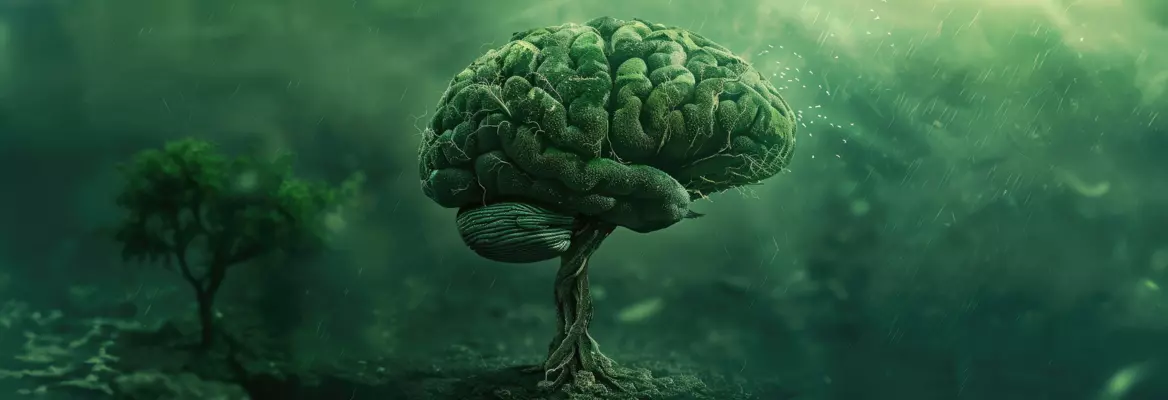

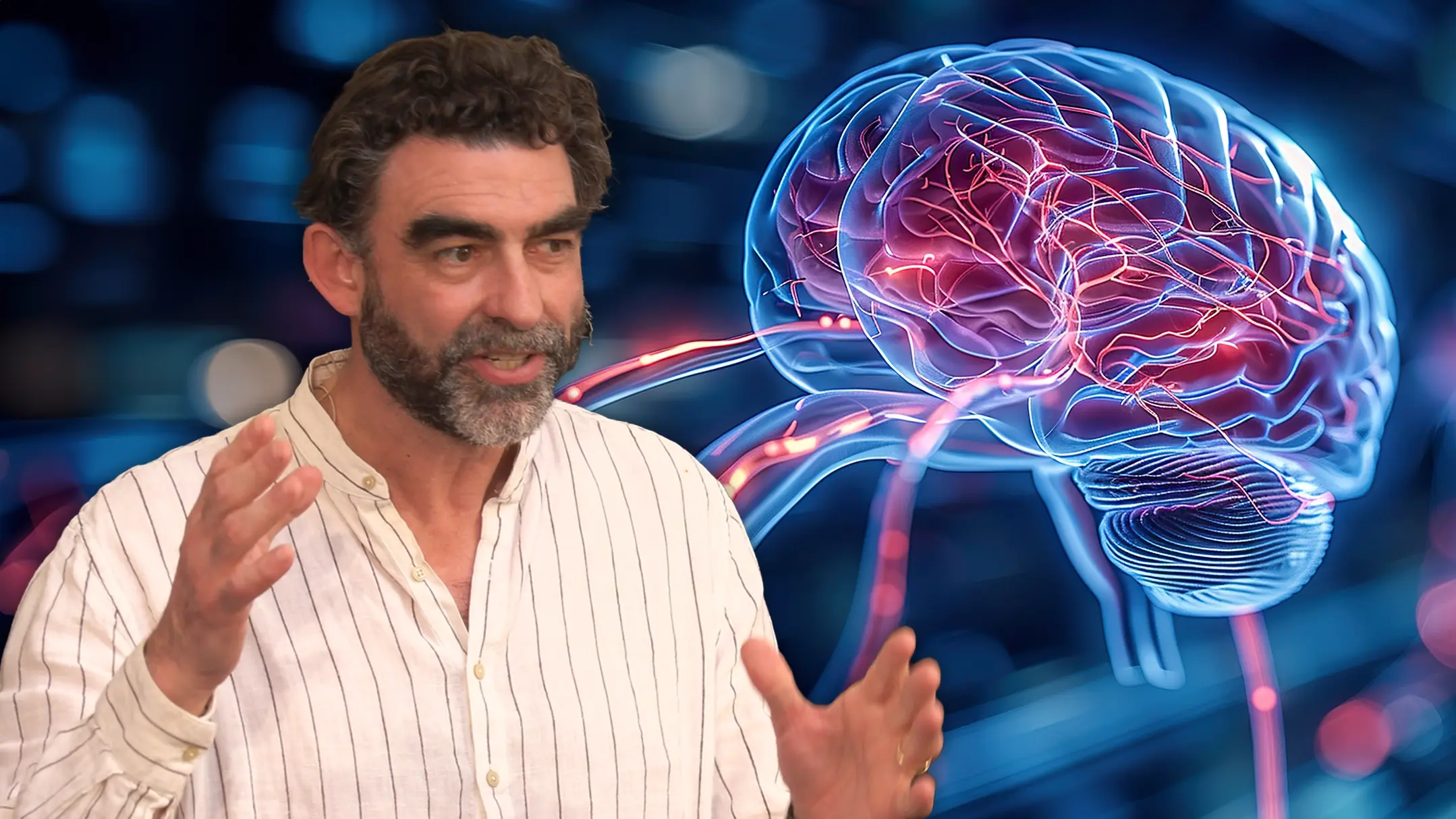




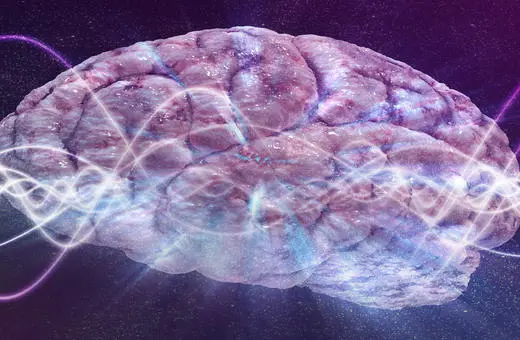

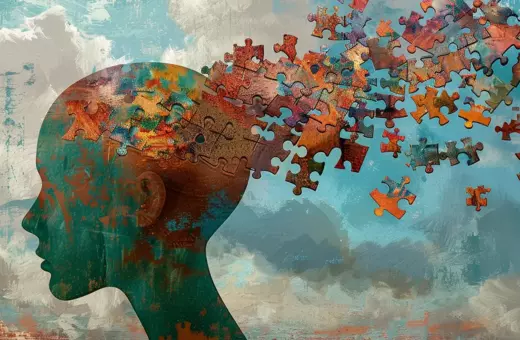
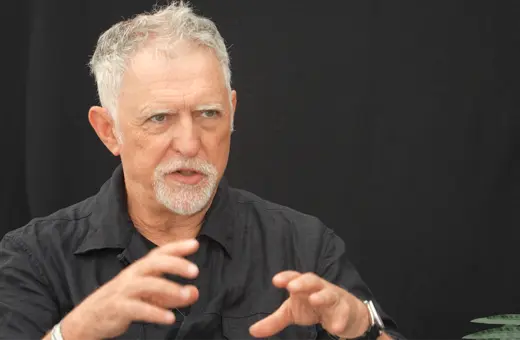
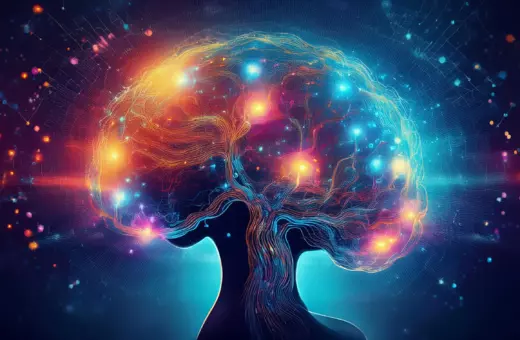


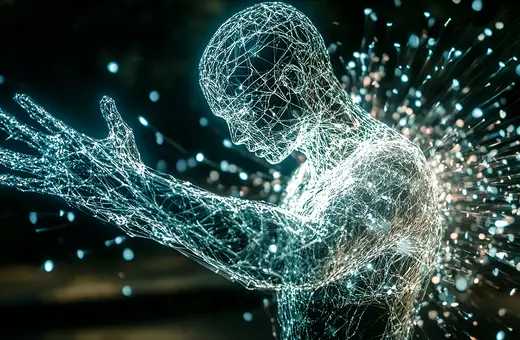
Join the conversation